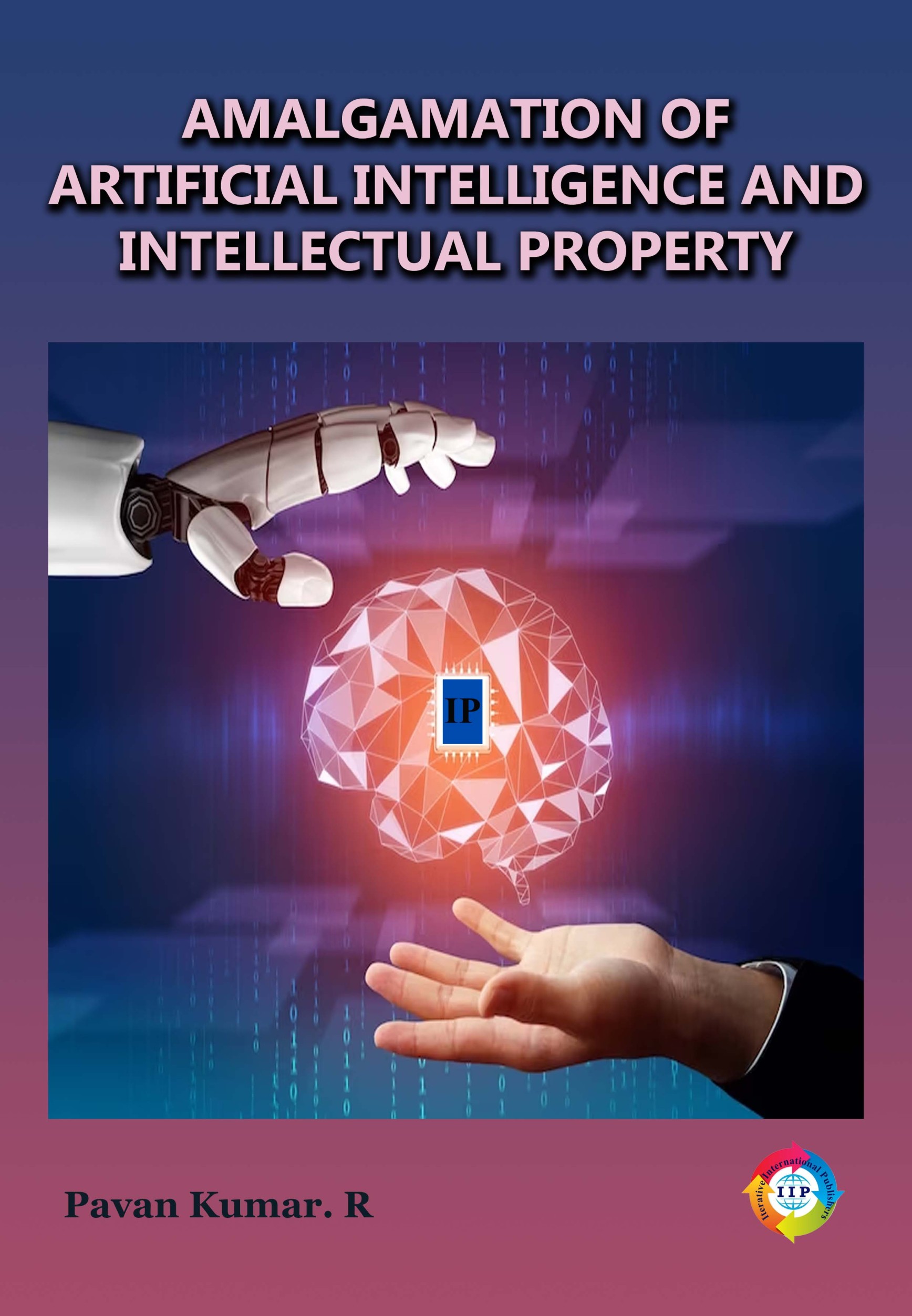.jpg)
LABOUR WELFARE IN A DEVELOPING ECONOMY
-
TypeEbook
- CategoryAcademic
- Sub CategoryPhD Thesis/Thesis
- StreamSocial Sciences
The present study was undertaken by the author as a researcher at the Department of commerce, Burdwan university during 1969-72 for the D. Phil degree in Commerce,
The main object of the study is to inquire into the meaning and concept of labour welfare in the developing economy of India which is a welfare state. The specific exploration has been made to identify the behavioural concept of labour welfare, the significance of state’s role in welfare and its manifestation since 1947. It is to be noted that the present study is not an account of welfare work in India as a part of Indian economics. While carrying on the investigation main emphasis has been laid on conceptual aspects of labour investigation main emphasis has been laid on conceptual aspects of labor welfare as conjoint of economic welfare and social welfare, notwithstanding conceptual emphasis empirical evidence of the study has been incorporated in two important case studies which constitute the basic parameter of the subject matter. The case studies are based on the data collected from field survey by the author.
Stemming from the main stalk of thought an attempt has also been made to test the basic hypothesis that the concept of labour welfare is largely the manifestation of social welfare function; in the context of the prevailing pattern of trade unionism in the country. The dissertation has been postulated to ascertain the extent of conceptual relationship between welfare, productivity and motivation from the viewpoint of personnel management. This is likely to reveal the contemporary thinking on managerial aspects of labour welfare, which is, by far, the greatest stake for managements.
The present inquiry has been designed not only to analyses the conceptual implications of labour welfare but also to reveal the attitude and the perception of workers vis-a-vis welfare as experienced by them at plant level. As already noted, this micro level assessment of welfare has been instituted by case studies, besides the workers and other employees, a few well-known.
Business executives. Labour experts and government officials have been inter viewed by the author to assess the managements attitude and their evaluation of labour welfare in the country. For this purpose, the author has visited important industrial centers in order to obtain the relevant information from different cross sections of the managerial groups.
In the ultimate analysis, the future prospect of labour welfare and some policy conclusions thereof have finally wemerged in the last chapter. These are likely to establish important social implications of welfare both as a concept and precept in the perspective of future process of industrialization in India.
A select bibliography has been incorporated at the end which will indicate the contemporary literature on the subject which has moulded the author’s thought pattern both directly and indirectly while carrying on the research work at the Burdwan University.
The author is deeply greatefull to Dr. D.S Ganguly, Professor and the Head of the Department of commerce, Burdwan University for his encouragement and active interest in the research work. The author is also greatly indebted to Dr. R.N Banjerjee, Who has most Assiduously supervised the work at every stage without which the thesis could not be completed within so short a period. Sincere thanks are also due to numerous other specialists in the subject, different authorities of important libraries both Indian and foreign, and finally to these employees of two important mills who have extended their most ungrudging cooperation and help for the completion of the thesis in all important respects.
|
Buy From |
||
|---|---|---|
| IIP Store | ₹ 236 | |
| Amazon Kindle | ₹ 300 | |
| View Demo | View Demo | |





COMMENTS
3jproa
o1y9ns
q3gq4i
0cn96n
k2mw2w